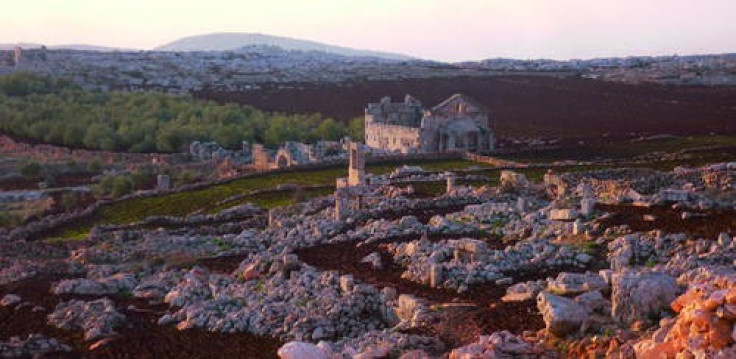Syria Civil War: Unesco Warns of Illegal Excavations to Loot Artefacts

The political unrest in Syria has invited illicit archaeological excavations across the country, Unesco has warned.
The Syrian civil war has gone beyond the loss of life and destruction of property and put the country's cultural heritage under threat.
"The biggest danger there, apart from the destruction we have seen of the world heritage sites ... is the illicit archaeological excavations," Irina Bokova, Director-General of Unesco, said at a press conference in New York, according to Reuters.
"This is something that is not very high on the radar of the international community."
Unesco has alerted museums and auction houses to the situation in Syria so that they do not fall into the trap of illegally trafficked artefacts.
"This is our biggest concern nowadays, that we don't know what's happening there, this illicit trafficking (and) exports," she added.
With some of the earliest cities in human history, Syria's cultural heritage dates back to millennia. Hundreds of archaeological sites, moveable artefacts and museums in Syria are imperilled by the war.
In August, a souk (market place) in the ancient city of Aleppo was destroyed.
In September, a report by Durham University scholars revealed that the six World Heritage sites in Syria were damaged in the conflict. These include the Ancient Villages of Northern Syria, Bosra, Crac des Chevaliers, Palmyra, Damascus and Aleppo. All the six sites were placed on Unesco's danger list in June.
The report said that the sites were exposed to looting, gunfire, illegal occupation and other illicit activity that have damaged them.
© Copyright IBTimes 2024. All rights reserved.






